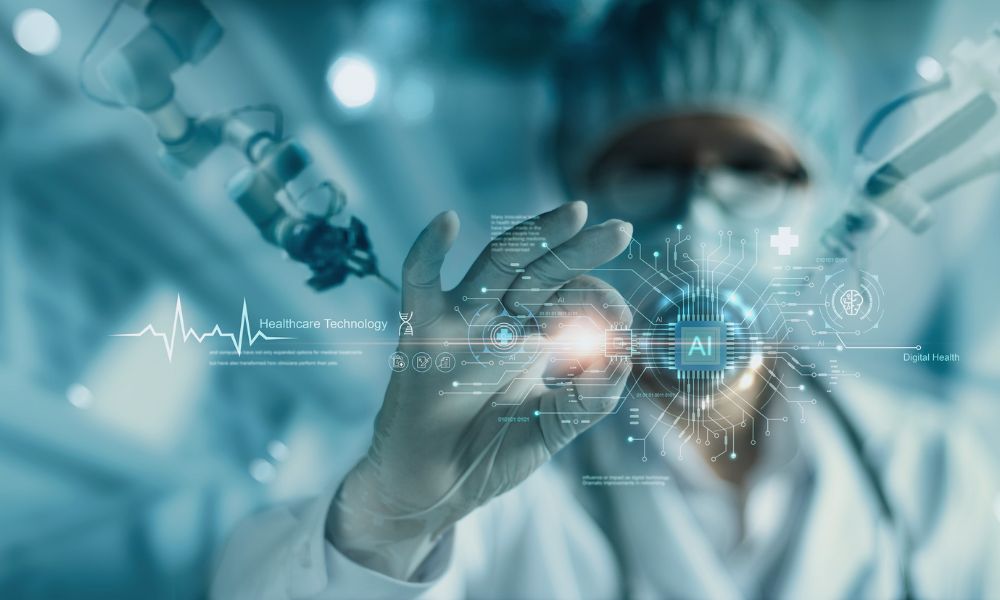Medical device innovations are vital in the everchanging healthcare industry, but the process of developing them is complex and time-consuming. It entails designing, testing, retooling, and validating devices to ensure that they are effective and safe for use. Technological advancements, however, have facilitated the development of faster and more efficient ways to undertake this process. Artificial intelligence is one of the innovations that has attracted a lot of attention from medical device manufacturers and regulatory bodies alike. This is what you need to know about the role of AI in medical device innovations.
Design and Engineering
Artificial Intelligence is instrumental in designing and engineering medical devices. Medical device manufacturers can leverage AI algorithms that use data analytics and machine learning to develop customized devices. These algorithms can analyze data and identify patterns to design efficient devices as well as improve existing models all by the click of a button. AI can also optimize engineering parameters for faster prototyping and reduced cost.
Testing and Validation
Testing and validation are critical aspects of medical device evolution over the years. AI tools can help automate the testing process, resulting in more efficient and reliable data gathering. These tools can perform repetitive tasks and collect large amounts of data, making it easier to identify defects or inconsistencies. AI can also assist in validating the performance of a medical device by simulating actual use cases and identifying areas for improvement.
Regulatory Approval
The regulatory approval process for medical devices can be long and arduous. AI streamlines this process by enabling the automatic generation of regulatory documentation based on design and testing data. Additionally, AI can assist in accurately predicting the success of regulatory submissions, leading to faster approvals. AI’s capacity to provide real-time testing and monitoring can also facilitate compliance with regulatory bodies. Artificial Intelligence has taken off over the last decade, but have regulatory bodies been able to keep up with the speed of change? It will be interesting to see if regulatory approval will evolve as more and more artificial intelligence begins to take over roles in medical device design and development.
Predictive Maintenance and Monitoring
Another aspect of the role of AI in medical device innovation is its ability to anticipate maintenance needs. AI can assist in predictive maintenance by monitoring device performance and predicting when a device would benefit from care. The data collected can also provide insights into device usage patterns to optimize device performance and improve patient outcomes.
Clinical Decision-Making
Clinical decision-making is a crucial aspect of medical device use as it has played a role in the advancement of modern medicine. In analyzing data from electronic health records and wearable devices, doctors have gained insight that assists in the clinical decision-making process. The integration of AI algorithms in medical devices can help medical practitioners arrive at more accurate diagnoses and treatment plans.
The use of AI in medical device innovations offers significant benefits in terms of efficiency, cost, and patient outcomes. Medical device manufacturers can leverage AI algorithms that use data analytics and machine learning to develop customized devices that meet regulatory requirements. At HIGHPOWER, we are committed to facilitating the integration of AI into medical equipment testing and validation. Our extensive regulatory experience gives us a unique advantage to guide medical device manufacturers through phases of device design, validation, and regulatory approval. Contact us today to learn more.
